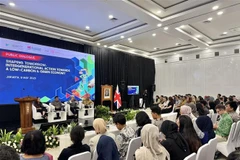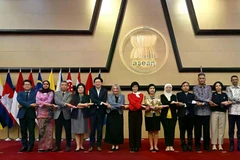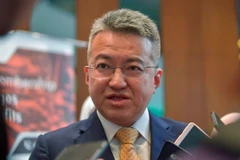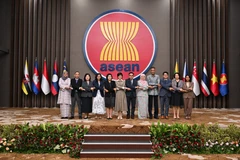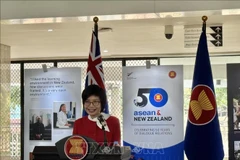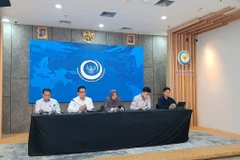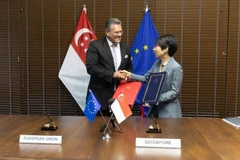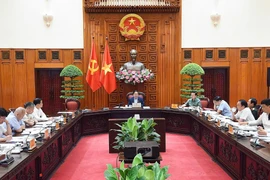The country’s Minister of Industry M. S. Hydayat said that the nationplans to ink a BSA with China in October when Chinese President XiJinping visits Indonesia.
Indonesia makes every effort todeal with the country’s current account deficit because itsimport-export activities are heavily influenced by the financial andpublic debt crises in the country’s two key trade partners – the US andEurope, he said.
In August, Indonesia signed a BSA worth12 billion USD with Japan as the value of Indonesia’s Rupiah (Rp) fellby more than 16 percent compared to the USD since the beginning of theyear.
Indonesian Minister of Finance Chatib Basri saidIndonesia’s Rp fell to the weakest level since April 2009, extending aslump that made it the worst-performing emerging-market currency thisyear, adding that t he country saw a deficit of 9.8 billion USD incurrent accounts in the second quarter of this year.
In2009, Indonesia and China agreed to enter into a swap contract worth 100billion yuan (16.3 billion USD) for three years in order to improve theshortage of foreign currency in Indonesia and promote trade andinvestment cooperation between the two countries.-VNA


